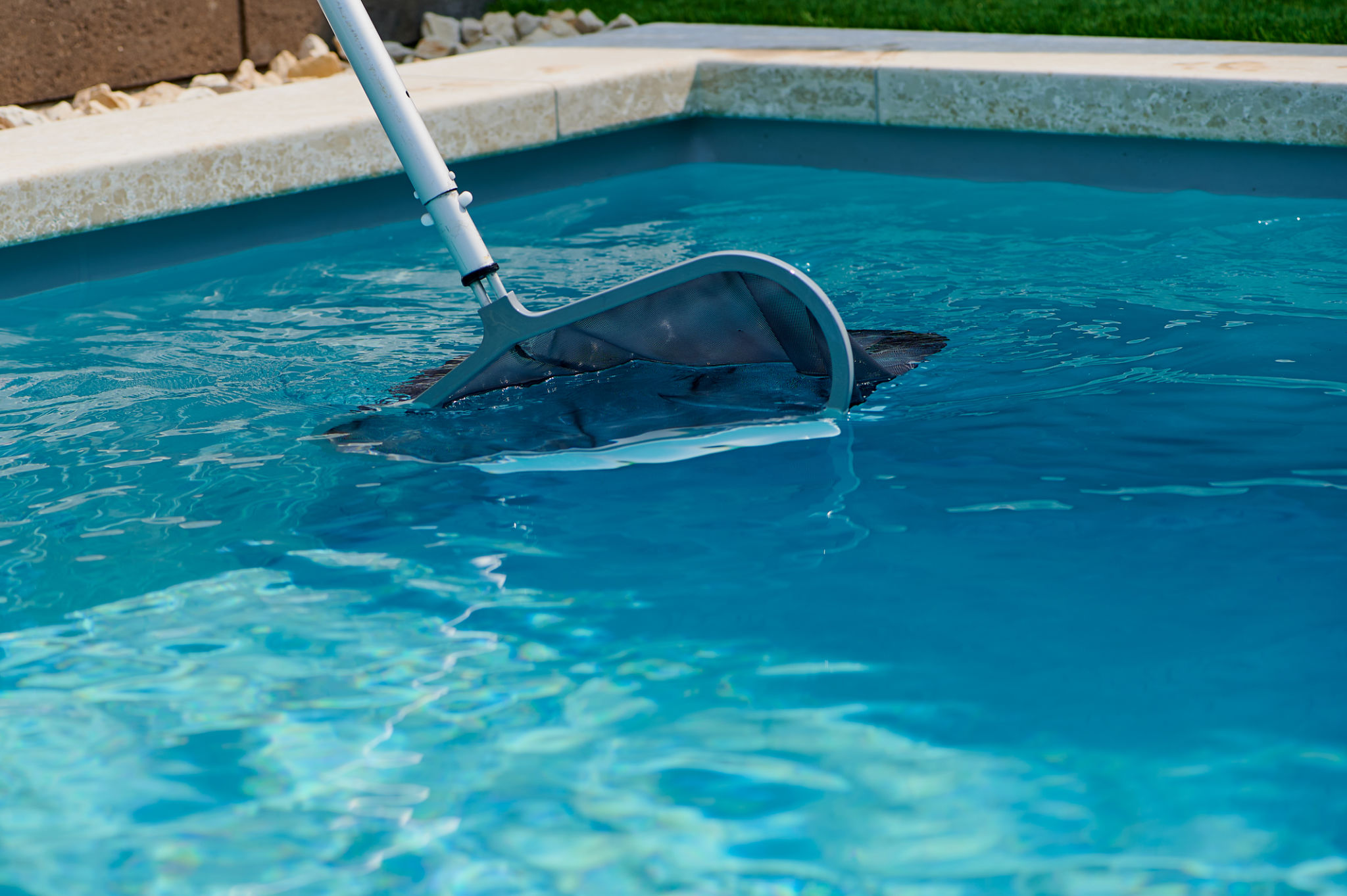Comprehensive Guide to Pool Maintenance for New Homeowners
Introduction to Pool Maintenance
Owning a pool is a delightful luxury that offers endless hours of relaxation and fun. However, with this luxury comes the responsibility of maintaining it. Proper pool maintenance ensures that your pool remains clean, safe, and inviting. As a new homeowner, understanding the basics of pool upkeep is crucial to preserving your investment and enhancing your backyard oasis.

Essential Pool Maintenance Tasks
There are several routine tasks every pool owner should be familiar with. These include skimming the surface of the pool for debris, vacuuming the pool floor, and scrubbing the walls to prevent algae buildup. Consistent cleaning keeps your pool's water sparkling and inviting.
Testing and balancing the chemical levels in your pool is another critical task. The pH, chlorine, and alkalinity levels should be checked at least once a week. Maintaining balanced chemicals ensures that the water is safe for swimming and prevents damage to the pool's surface and equipment.
Skimming, Vacuuming, and Brushing
Regular skimming removes leaves, insects, and other debris from the pool's surface. Investing in a good quality skimmer net can make this task easier. Vacuuming the pool floor weekly helps to remove dirt and sediment that settle at the bottom, keeping the water clean. Brushing the walls and tiles prevents algae growth and keeps surfaces smooth.

Chemical Balancing
Maintaining proper chemical levels in your pool is essential for both safety and enjoyment. The key chemicals to monitor are chlorine, pH, and alkalinity. Chlorine keeps your pool free from harmful bacteria, while pH levels affect water comfort and equipment longevity.
To test your pool's chemical levels, use a reliable testing kit or strips. Adjust the levels as needed by adding chemicals like chlorine granules or pH increasers/decreasers. Always follow manufacturer guidelines when handling pool chemicals.
Filtration System Care
The filtration system is the heartbeat of your pool, circulating water and removing impurities. Regularly check the filter for clogs and clean it according to the manufacturer's instructions. There are three main types of filters: sand, cartridge, and diatomaceous earth (DE). Each requires specific maintenance practices.

Seasonal Pool Maintenance
Seasonal changes demand different maintenance strategies. During the swimming season, routine cleaning and chemical balancing are paramount. However, as seasons change, additional tasks like winterizing or opening your pool become necessary.
In colder climates, winterizing involves draining water from pipes, adding antifreeze, and covering the pool to prevent debris accumulation. In warmer regions, regular maintenance might continue year-round with adjustments for cooler temperatures.
Troubleshooting Common Pool Issues
Even with diligent maintenance, pools can encounter issues such as cloudy water, algae growth, or unusual odors. Identifying these problems early is key to resolving them swiftly. Cloudy water might indicate imbalanced chemicals or a malfunctioning filter. Algae growth often results from insufficient chlorine or poor circulation.
Address these issues by adjusting chemical levels, cleaning filters, or seeking professional advice if needed. Being proactive in maintaining your pool can save time and money in the long run.
Conclusion
Pool maintenance may seem daunting at first, but with a regular schedule and a bit of knowledge, it becomes manageable and rewarding. By investing time in understanding and performing these essential tasks, you'll ensure your pool remains a pristine retreat for years to come. Remember, a well-maintained pool not only adds value to your home but also enhances your outdoor living experience.

